MLB's 5 most untradable contracts
As we've seen in recent years, no baseball contract is truly untradeable, no matter how much money it guarantees Josh Hamilton or how many years of employment it affords Vernon Wells. Poor spending does, however, often saddle teams with lousy long-term investments that are tough to liquidate, forcing general managers to either take a financial hit or compromise their on-field product.
Free-agent prices continue to escalate nevertheless, though, and with six players receiving nine-figure deals on the open market already this offseason, it feels like an appropriate time to examine the most untradeable contracts in baseball.
Joe Mauer
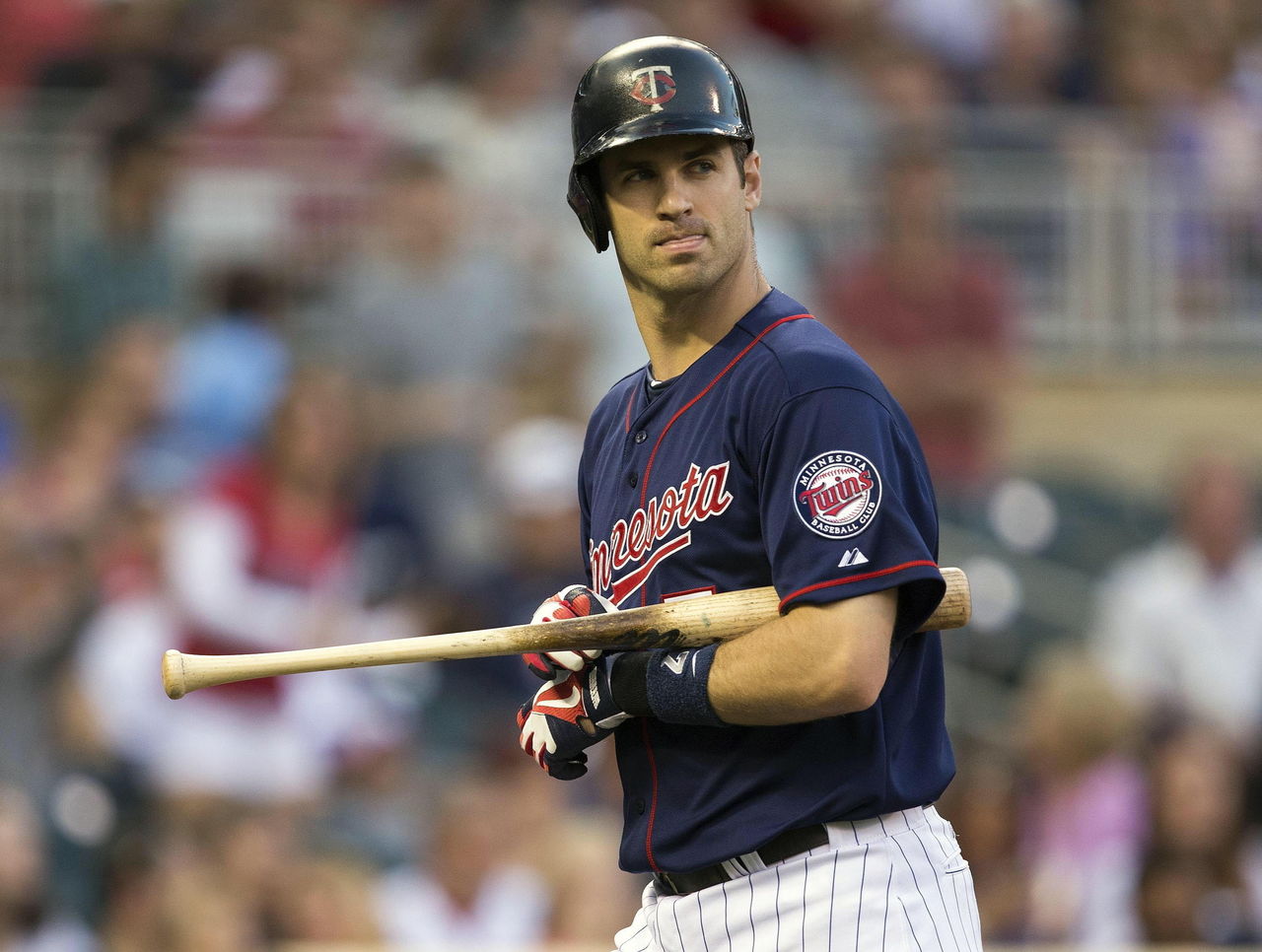
Original deal: 8 years, $184 million
What's left: 3 years, $69 million
In 2010, when Joe Mauer signed what was then the fourth-largest contract in baseball history, he was the best catcher on the planet, a four-time All-Star, and former AL MVP with the first draft of his Hall-of-Fame induction speech already written, presumably. Now, after being forced out from behind the plate due to concussion problems, the 32-year-old is struggling to produce above-replacement-level value as a first baseman without power. Since changing positions in 2014, Mauer has compiled less WAR than Chris Carter, but will still earn more over the next three years than the combined 2015 salaries from all 25 players on the Miami Marlins' Opening Day roster.
Best-case solution: Bereft of trade value and unable to be released given his importance to the franchise, Mauer remains somewhat productive by transitioning into a part-time role for an increasingly dynamic lineup.
Elvis Andrus
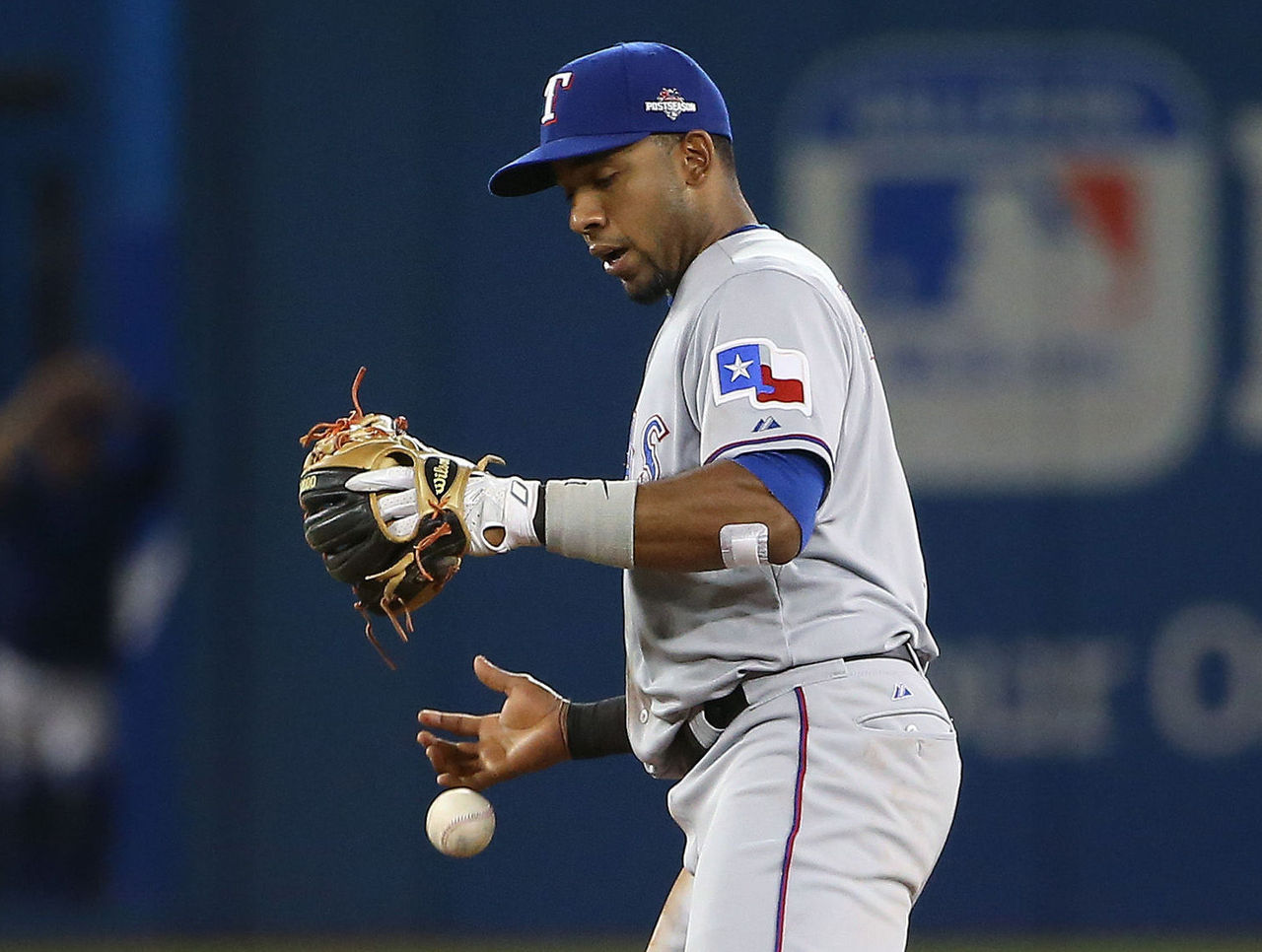
Original deal: 8 years, $118 million
What's left: 7 years, $103 million
Even before the seventh inning of Game 5 of the ALDS, Rangers GM Jon Daniels probably regretted handing Andrus that mammoth extension on the eve of the 2013 campaign. Over the last three seasons, Andrus has struggled to be even mediocre, ranking 15th among shortstops in WAR with almost all of his value coming, ironically, from his strong defensive work. After adjusting for park effects, Andrus has been worse at the plate over that span than the likes of Ruben Tejada, Stephen Drew, and Jean Segura, putting the 27-year-old in dubious company that makes him increasingly unlikely to opt out of his deal after 2018 (or 2019), even if his durability and defensive skills don't waver.
Best-case solution: The Rangers eat the money left on his deal and trade Andrus for prospects, creating a spot on the 25-man roster for Jurickson Profar while reviving a farm system decimated by the Cole Hamels deal.
Chris Davis
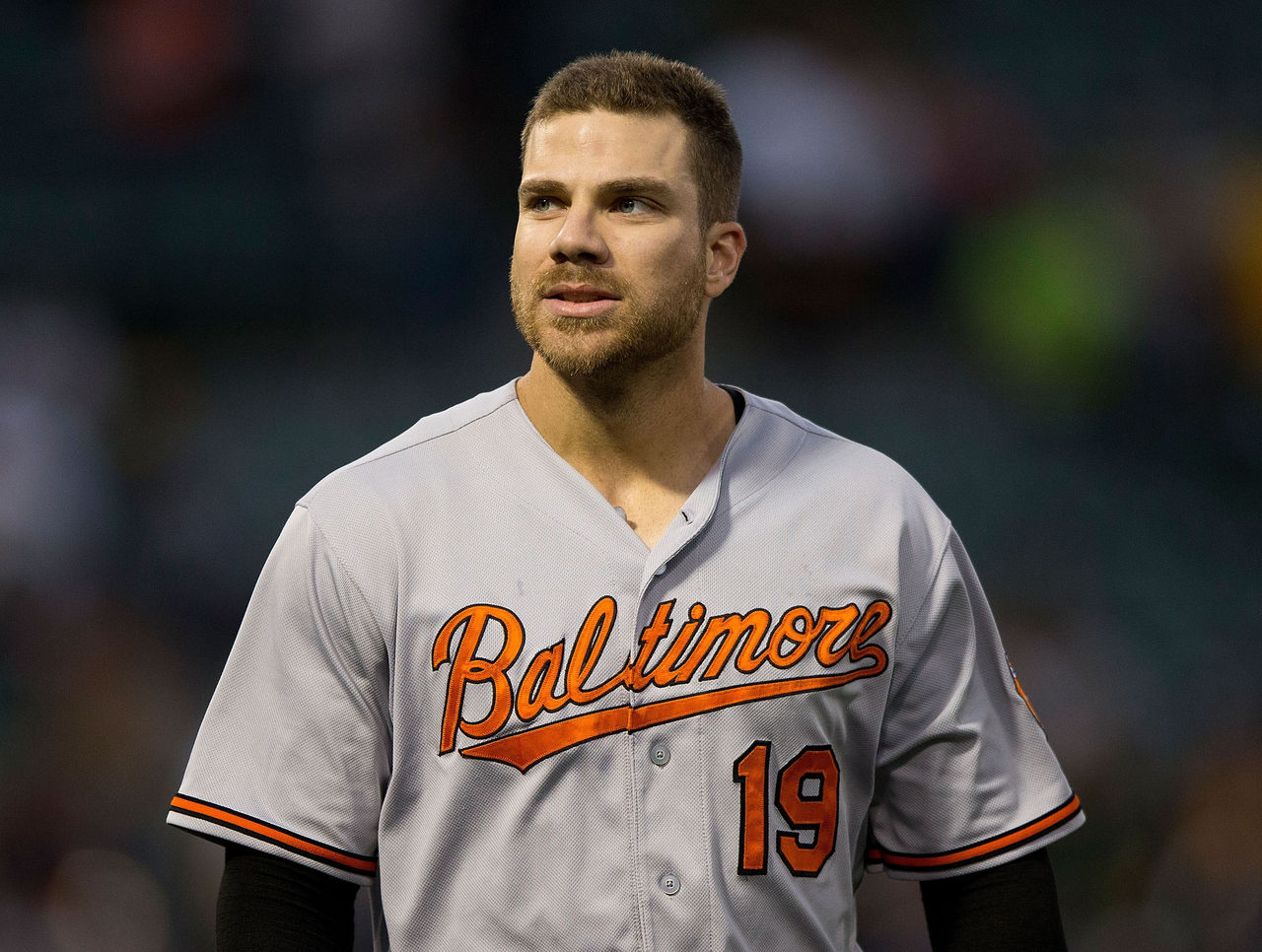
Original deal: 7 years, $161 million
What's left: 7 years, $161 million
From the looks of it, the Baltimore Orioles outbid only the Baltimore Orioles for Davis' services, so it's hard to imagine teams lining up to trade for the one-dimensional slugger as he moves farther away from his prime. Despite his largely unrivaled pop - Davis leads the majors in homers and isolated power since 2013 - his contact issues are pretty much unrivaled, too, and the uncanny similarities between his prime years and those of Ryan Howard don't augur well for Davis as he moves into his 30s.
Best-case solution: Davis continues to torment the AL for three or four more years, possibly helping an Orioles club - anchored by Manny Machado, Hunter Harvey, and Dylan Bundy - to a World Series title while vindicating Dan Duquette's decision to retain him.
Robinson Cano
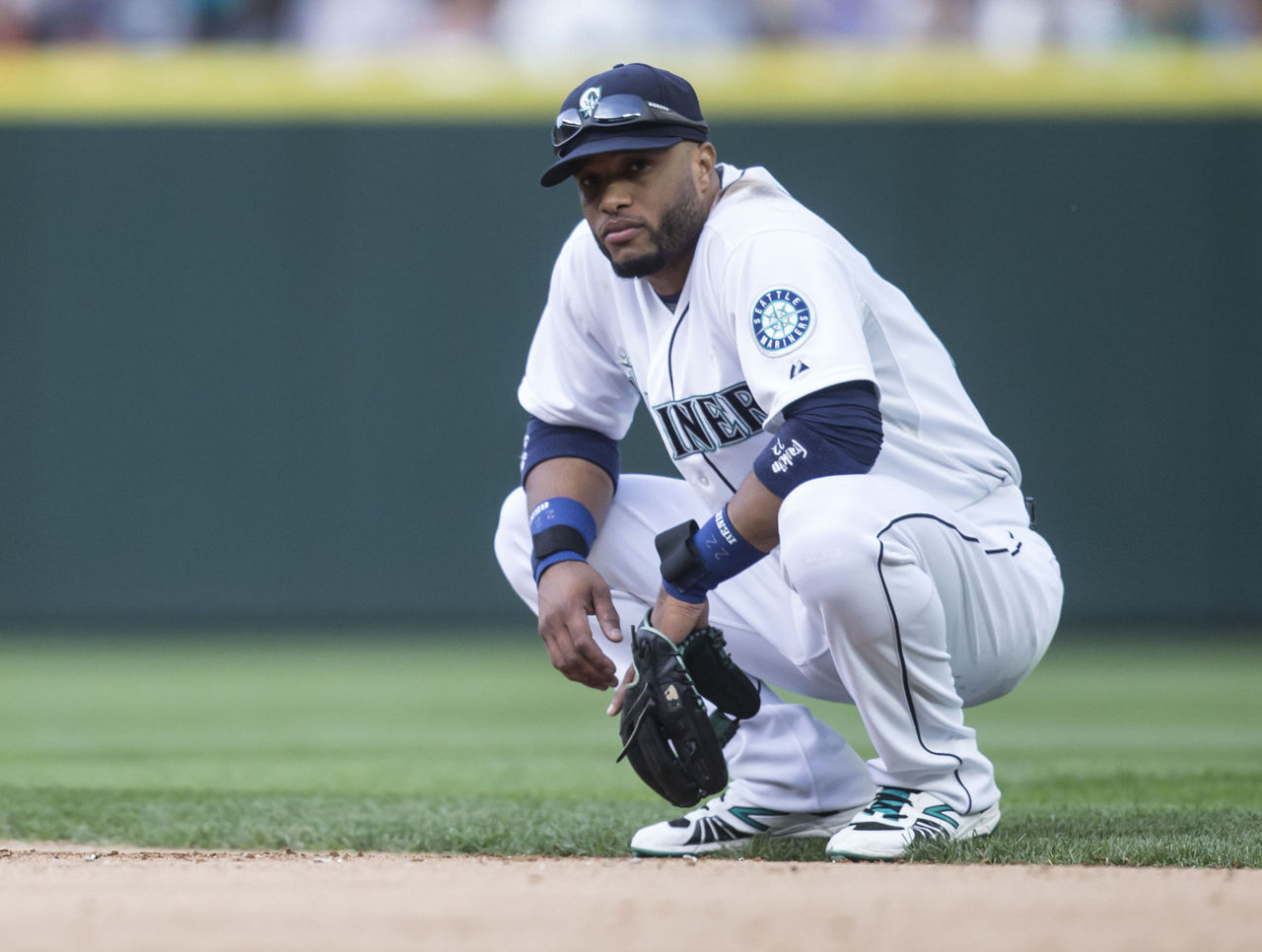
Original deal: 10 years, $240 million
What's left: 8 years, $192 million
Former (and evidently disgruntled) Mariners coach Andy Van Slyke may have exaggerated when he called Cano the "worst third-place, everyday player I've ever seen," but regression certainly hit the second baseman hard in just the second year of his decade-long contract. Cano, who turned 33 in October, watched his offensive and defensive skills decline last season, wherein he managed just 2.3 WAR - good for 18th among second basemen - amid scary changes in his swing metrics.
Best-case solution: Cano restores enough of his value in 2016 that Jerry Dipoto could still trade him (albeit while eating some of the money left on his deal) for decent minor-league talent if his decision to retool rather than rebuild doesn't pan out.
Miguel Cabrera
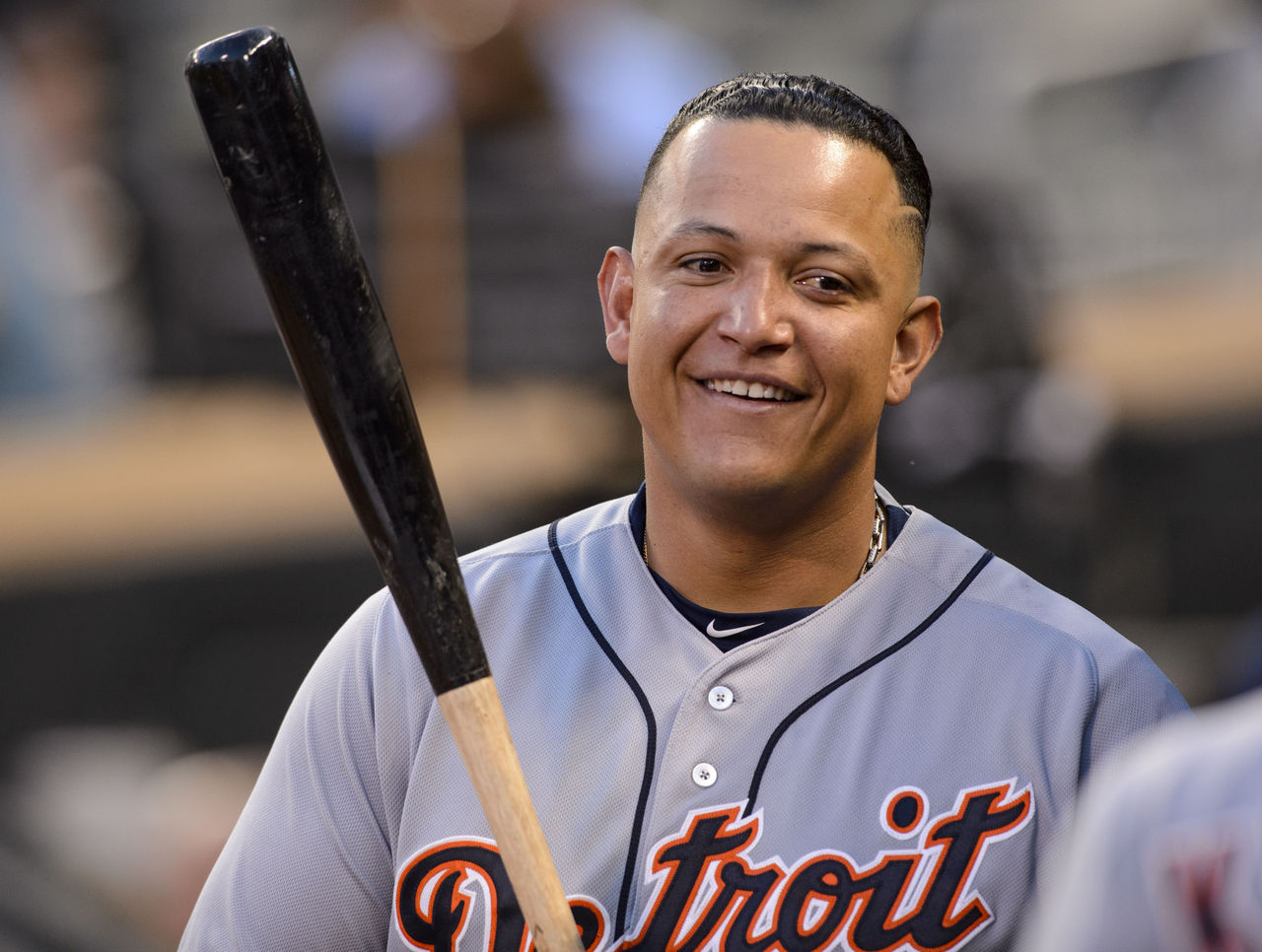
Original deal: 8 years, $240 million
Years left: 8 years, $240 million
Look, he's probably the best hitter on the planet, but would you honestly give Cabrera an eight-year, $240-million deal on the verge of his age-33 season? Two years removed from his second MVP award - and coming off an injury-riddled campaign in which he played his fewest games (119) since his rookie season - Cabrera is only now heading into the first year of the massive extension Detroit forked over in 2013 to keep him from ever hitting the open market. Beyond a small dip in power, Cabrera hasn't really declined yet, but not many hitters can age like David Ortiz (even if they're being paid like Clayton Kershaw).
Best-case solution: Cabrera stays healthy for the next few seasons and continues to perform at an elite level, keeping him as a viable trade asset once the Tigers' current competitive window closes (J.D. Martinez, Ian Kinsler, and Victor Martinez will all reach free agency by the end of 2018; Justin Upton can reportedly opt out of his new deal after 2017).
HEADLINES
- FAA investigating Rockies after 'unauthorized person' enters cockpit on flight
- Peralta to lead Brewers to win over Cardinals
- Booser arrives in majors with Red Sox after becoming carpenter in 2017
- Pirates' Chapman drops appeal, will serve 1-game suspension Friday
- Webb dominant for 7 innings as Giants blank D-Backs